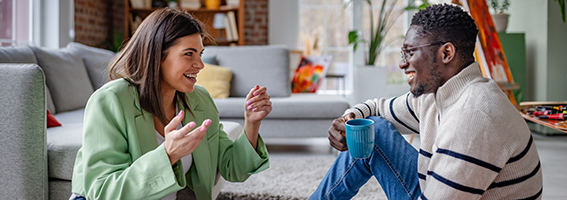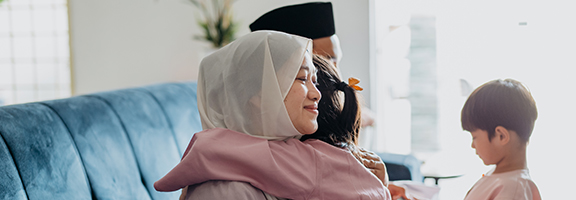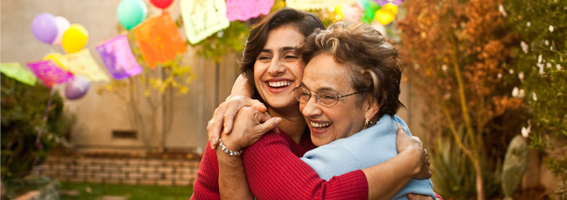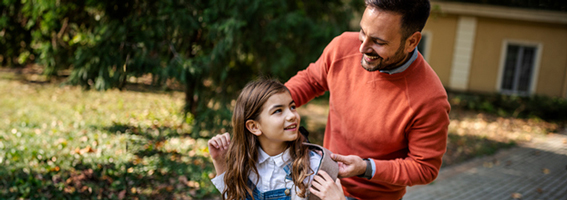Popular articles

A path to prevention: Why doctors are prescribing time in nature
From mental health to building longevity, here’s why spending time outdoors is good for you.
Good question: Does menopause increase the risk of heart disease?
Experts share how menopause affects heart health – and how to take proactive steps to protect your cardiovascular well‑being.

How to spot early signs of burnout
Expert-backed strategies to help reset your physical and mental health.
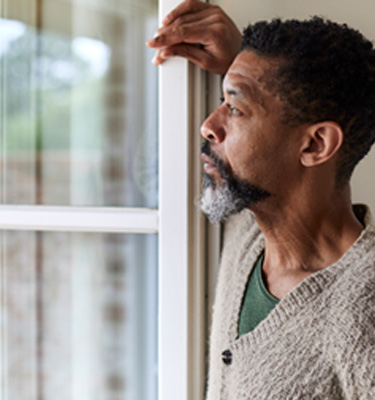
Heart-health questions women should ask their doctor
From your 20s to your 60s and beyond, here’s a check‑up checklist.

Explore more
Latest in health
Together, let’s make better health a reality
See how we’re making healthier choices easier
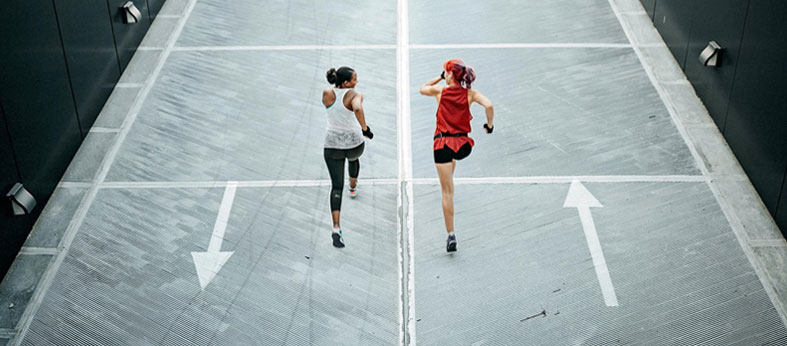
Latest in women's health



